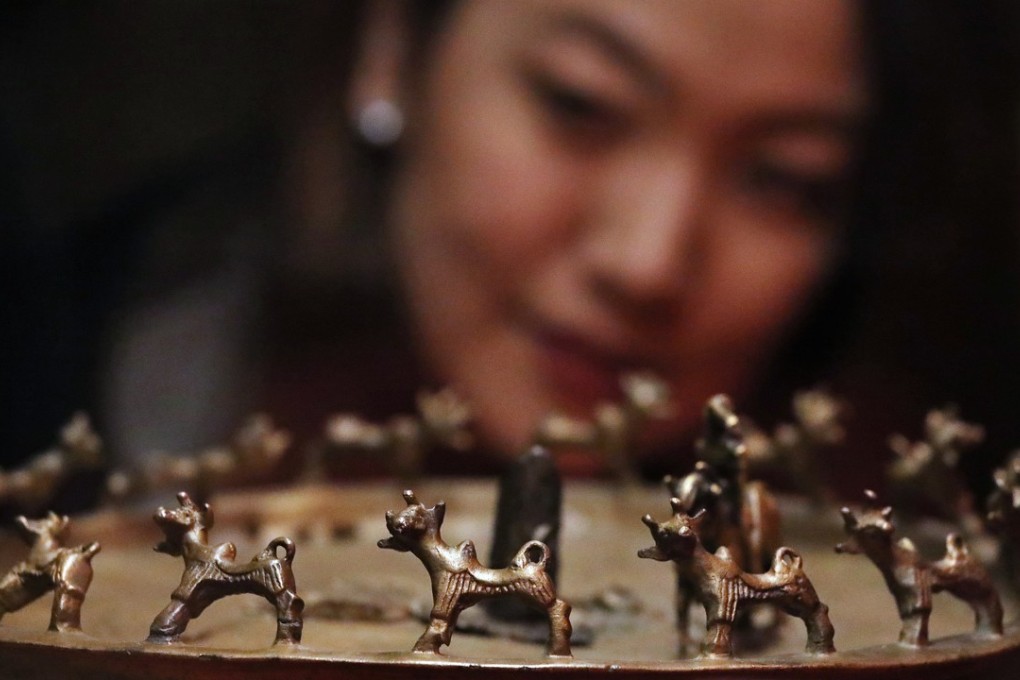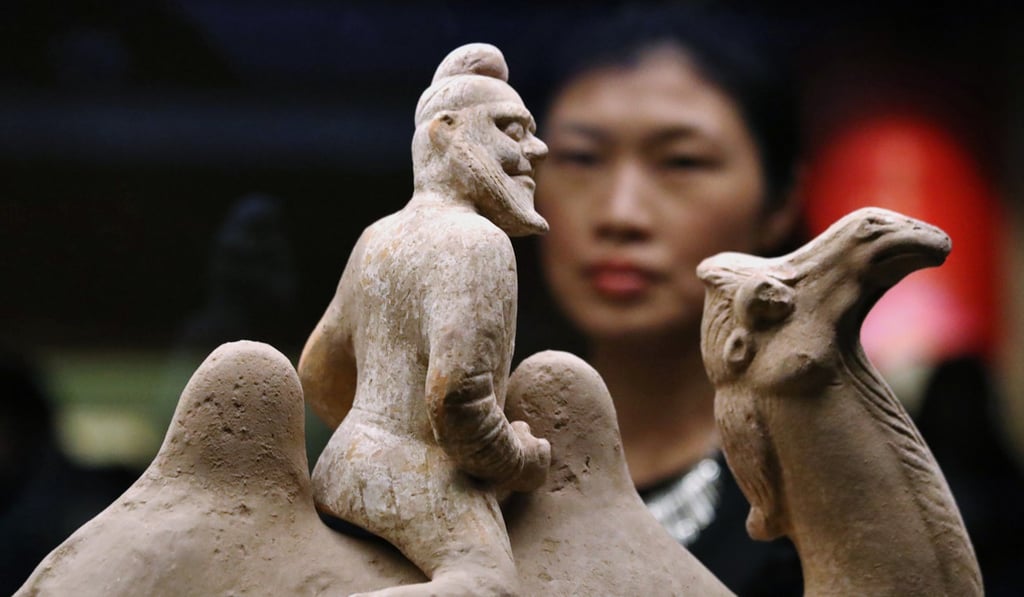Silk Road exhibit offers way to teach sensitive subjects in Hong Kong, says think tank
Exhibition is politically non-controversial subject that could be effective in raising national pride, says vice-chairman of Chinese Association of Hong Kong and Macau Studies

A major cultural exhibition on the ancient Silk Road could be a way to address potentially sensitive issues such as youth education without causing an uproar, a leading pro-Beijing adviser has observed.
Jointly presented by the State Administration of Cultural Heritage and the Leisure and Cultural Services Department, “Miles upon Miles: World Heritage along the Silk Road”, which opens to the public on Wednesday at the Hong Kong Museum of History, will feature some 210 rare exhibits from four provinces and two countries, Kazakhstan and Kyrgyzstan, in Central Asia, which the ancient Silk Road traversed.

Lau Siu-kai, vice-chairman of the Chinese Association of Hong Kong and Macau Studies, a semi-official think tank, viewed the exhibition as an effective way to engage the young about China.
“As Hong Kong will play a role in the national belt-road policy, it would be fitting for students to know about the country’s development strategy,” he told the Post from Beijing, referring to the “Belt and Road Initiative”, China’s plan to boost global trade.
Roundabout route to national education? Chinese history rule for Hong Kong secondary schools stokes fears of renewed push
“Instead of doing it through national education, there are different and more effective ways to get students to know about the country’s development and strengthen their national identity, such as the ancient Silk Road, which is about history and culture and not the Chinese Communist Party or central government.”